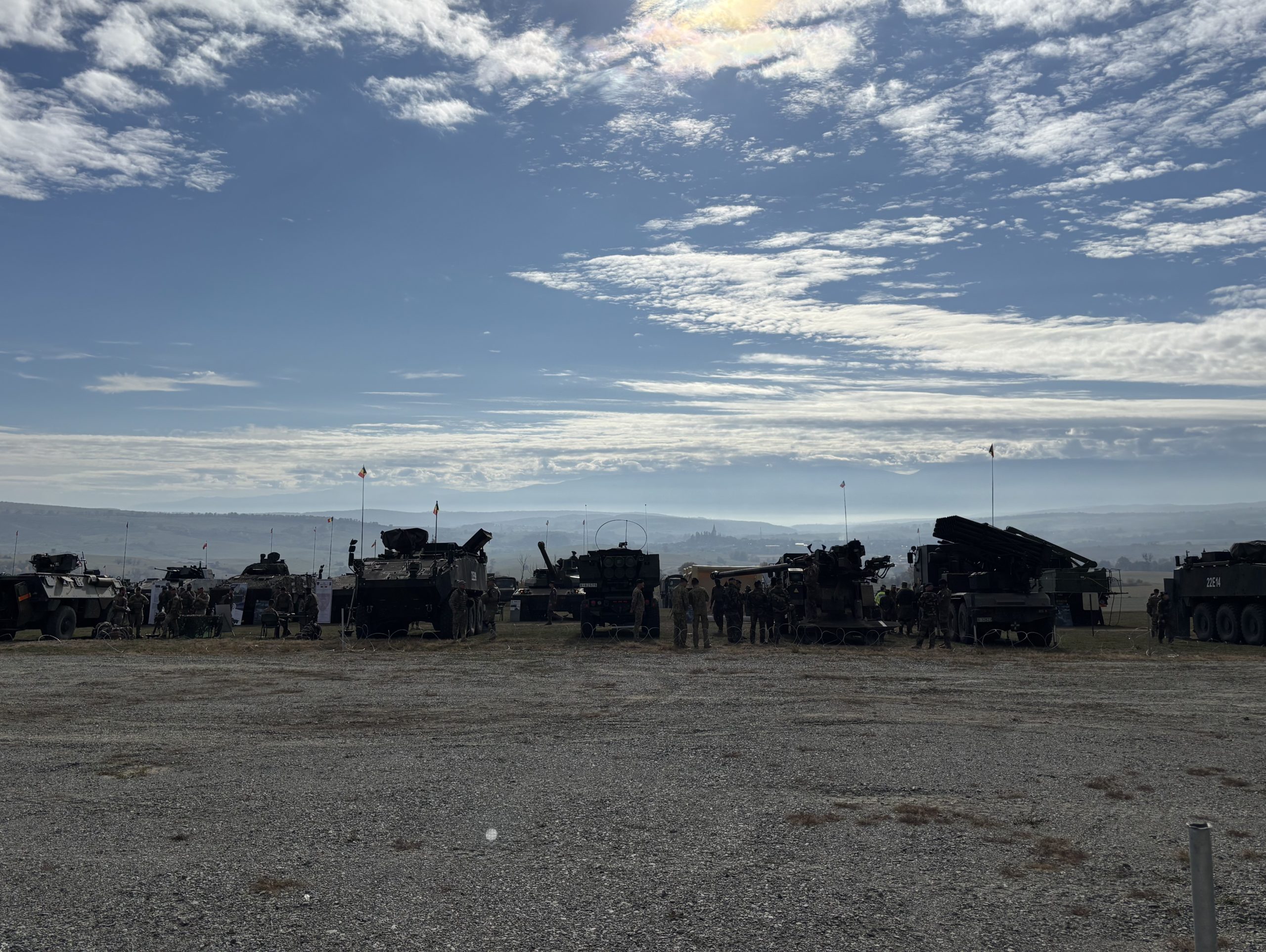
Message from the Eastern Flank: From Celtic Uprise to Dacian Fall

- EU and strategic partners,
- EU strategy and foreign policy,
- Europe in the World,
- European defence / NATO,
Since February 2022, collective defence has again become the main effort of the North Atlantic Treaty Organization (NATO) after decades of ‘out-of-area’ operations. Consequently, the armed forces of NATO’s member states need to transition back to force packages that are well-suited to defend the North Atlantic area as enshrined in the 1949 Washington Treaty. Belgium has adapted rather slowly to this new reality due to, among other factors, an underdeveloped strategic culture, years of cuts in military spending, a lack of urgency in political circles, a failure to see the Russian military buildup at the end of 2021 and beginning of 2022 as a real threat, and persistent budgetary constraints. Nevertheless, over the past years, the armed forces of Belgium did receive extra funding (and more is promised) and new capabilities are on the way. Additionally, the mindset and training of the armed forces also need to change. While the collective security and counter-terrorism experiences from past deployments should be preserved, the forces need to regain familiarity with large-scale peer-to-peer warfare.
CLICK “VIEW PDF” BELOW FOR ACCESS TO FULL POLICY BRIEF
(Photo credit: Wannes Verstraete)